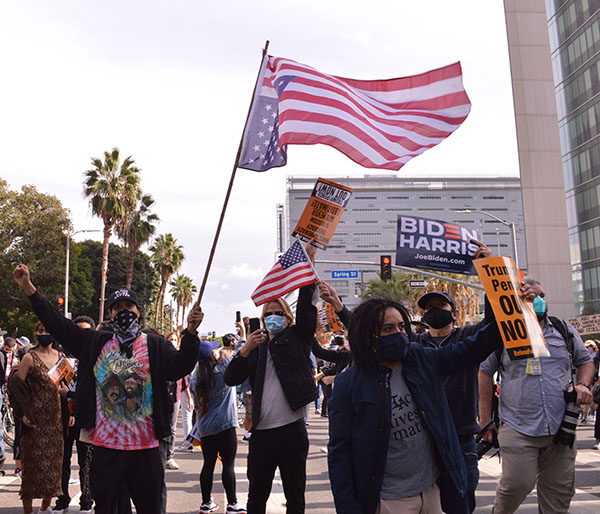Companies that cut DEI programs hire fewer diverse workers, study finds

Companies that eliminated diversity, equity and inclusion (DEI) programs since President Donald Trump’s re-election are hiring significantly fewer underrepresented employees, with nearly six in 10 reporting decreased recruitment of diverse workers, according to a new nationwide study.
The Resume.org survey of 965 companies found that 20% eliminated their DEI programs entirely since November, while another 11% reduced their efforts. Among those that cut programs, 57% report hiring fewer underrepresented workers across multiple demographic groups.
The decline in diverse hiring has been uneven, with companies reporting the steepest drops in recruitment of women of color at 37%, followed by LGBTQIA+ candidates and men of color at 33% each. Hiring of people with disabilities fell 26%, while white women saw a 13% decrease.
In contrast, only 12% of companies reported reduced hiring of white men, highlighting disparities in how program cuts affect different groups.
“Eliminating DEI programs, particularly due to political pressure, is short-sighted and creates long-term risks,” said Kara Dennison, head of career advising at Resume.org.
The study, conducted in July, surveyed companies that had DEI programs before the 2024 election to track changes in corporate diversity efforts.
Political climate shifts drove 74% of companies to scale back or eliminate their programs, the survey found. Another 16% of companies are likely to eliminate their programs by the end of this year, with an additional 7% expecting cuts within four years.
Beyond hiring, the workplace effects have been widespread. Nearly half of companies that reduced DEI efforts report declining employee morale, while 39% cut benefits originally tied to diversity programs.
More than one-third report decreased retention and attraction of diverse talent, with 30% acknowledging fewer promotions for underrepresented employees and reduced leadership representation for people of color.
“Slashing DEI programs often leads to immediate declines in morale and retention, especially among underrepresented employees who no longer feel supported or valued,” Dennison said.
Some companies are experiencing reputational damage, and 18% report increased workplace discrimination or bias incidents since cutting programs.
Business leaders expressed conflicting views about the changes. Some described DEI efforts as divisive or counterproductive, while others voiced disappointment about losing progress made in recent years.
“It seems to have stalled due to budgetary concerns and possibly due to the political environment. I would prefer that it have been maintained, if not expanded,” one respondent said.
Another described the impact differently: “DEI was very divisive. Good that we eliminated it.”
Despite the cuts, most business leaders who participated in the survey agreed that DEI initiatives had meaningfully improved diversity and inclusion and served as key drivers of employee satisfaction and retention.
The findings come as companies nationwide navigate shifting political landscapes while managing diverse workforces in major metropolitan areas like Los Angeles, where demographic diversity is particularly pronounced in the business community.





